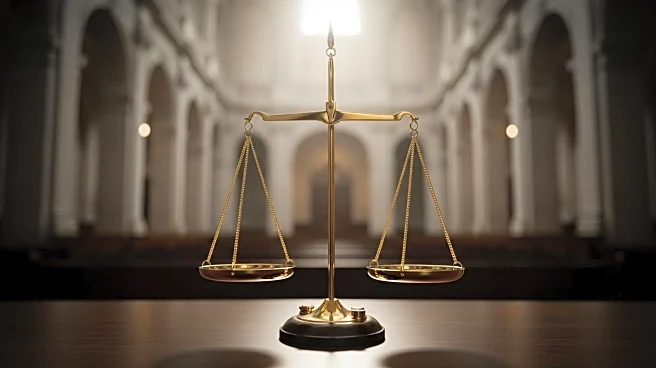What's Happening?
The Supreme Court is set to hear two cases that could redefine the limits of eminent domain in the United States. One of the cases involves the Township of Jackson, where the court will examine whether land can be acquired through eminent domain not for public use, but to exchange it for other land held by a third party. This legal question challenges the traditional understanding of eminent domain, which typically allows government entities to seize private property for public use, provided that just compensation is given. The outcomes of these cases could have significant implications for property rights and government authority.
Why It's Important?
The Supreme Court's decision on these eminent domain cases could have far-reaching consequences for property owners and government agencies across the country. If the court rules in favor of expanding the scope of eminent domain, it could lead to increased government power in acquiring private land, potentially affecting real estate markets and individual property rights. Conversely, a decision to limit eminent domain could strengthen property owners' rights and restrict government intervention. These cases are pivotal in balancing the interests of public development and private property rights, and the rulings could set new legal precedents that influence future land acquisition practices.










